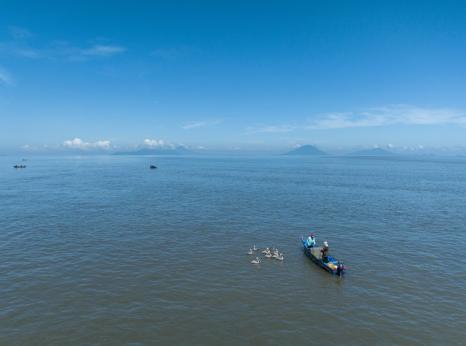Honduras: Two Water Defenders Killed

Several communities, campesino groups, parishes and local organizations in the municipality of Tocoa (department of Colón), North of Honduras, led by the Municipal Committee for the Defence of Common and Public Assets (Comité Municipal por la Defensa de los Bienes Comunes y Públicos, CMDBCP) oppose the operating license issued to the mining company Inversiones Los Pinares in the Carlos Escalera National Park, formerly known as Montaña de Botaderos, since 2015.
On 1 August 2018, local residents set up the “Guapinol camp” to peacefully protest against the license and mining exploitation in the core zone of a protected area of the water sources on which they depend for their survival. They have filled several criminal complaints before local Courts, still pending. Members of the CMDBCP have faced at least two criminal proceedings since 2018 for defending the Guapinol and San Pedro Rivers of the impacts mining project. Aly and his brother Reynaldo Dominguez spent some time in prison in 2019 along with other Guapinol River defenders for these proceedings.
The same proceedings led to the unjust detention of eight defenders of the Guapinol river for more than two years solely for peacefully defending the right to clean water that provoked international outcry. After rigorous analysis, Amnesty International determined that the case file shows multiple flaws in the investigation and declared them prisoners of conscience. Since their release in February 2021, the CMBDCP has denounced attacks against their members, including stigmatization and surveillance. The Committee continues demanding the termination of the mining project.
Over the last five years Amnesty International has alerted on numerous death and other types of attacks against activists in Honduras, which is one of the deadliest countries in the world to be a human rights defender. Despite the seriousness of the attacks on these defenders, Honduras has not yet signed the Escazú Agreement, the first environmental human rights treaty in Latin America and the Caribbean, which obliges signatory states to protect environmental defenders and entered into force on 22 April 2021.